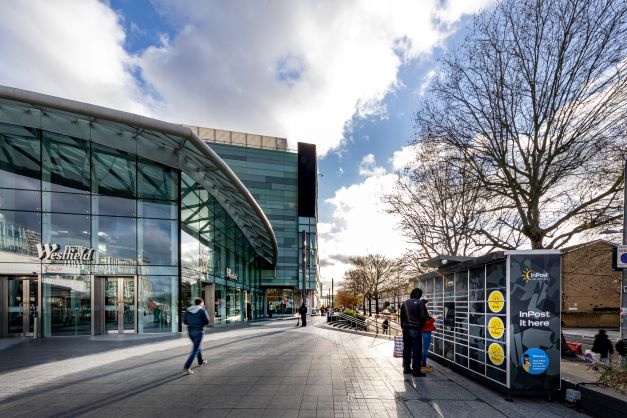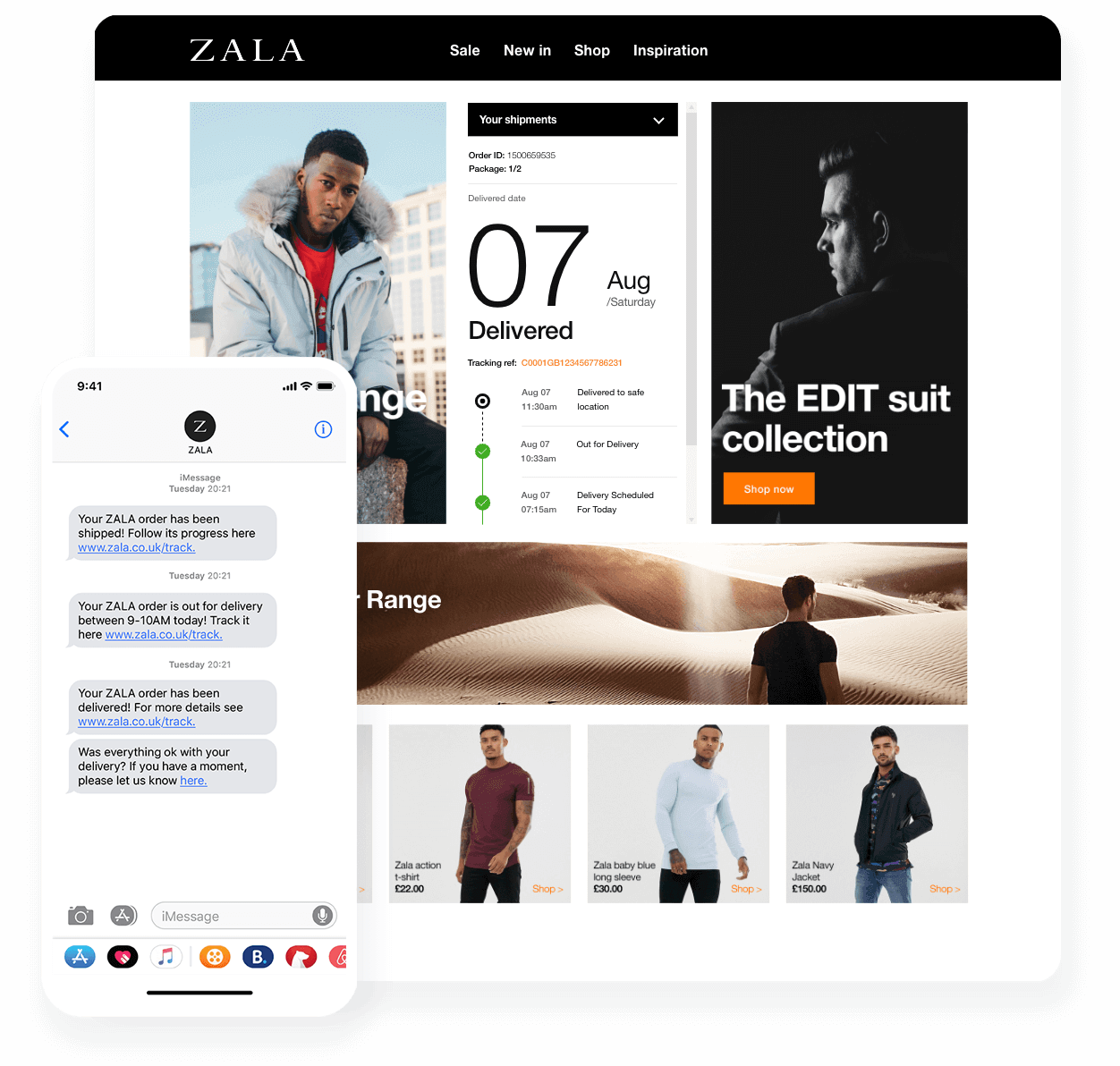The logistics engine of Locad provides a cloud supply chain for brands to store, pack, ship, and track orders for ecommerce and omnichannel retail through a tech platform connecting a network of warehouses and shipping partners. Locad has announced it has raised an $11M Series A funding round to expand their supply chain platform that allows modern consumer brands in Asia-Pacific to automatically store, pack, ship and track their orders in a distributed, end-to-end supply chain as-a-service. The $11M Series A raised will be used towards network expansion, product development, and hiring talent across Asia-Pacific. The round was led by Reefknot Investments, a fund anchored by Temasek and logistics powerhouse Kuehne & Nagel.
Locad’s platform, dubbed the logistics engine, syncs inventory across sales channels such as Shopify, Lazada, Shopee, and TikTok Shop, and orchestrates end-to-end order fulfillment for B2C and B2B orders, from storage to delivery, through a network of warehouses and shipping partners. To date, Locad has served over 200 brands across Singapore, the Philippines, Thailand, Hong Kong, and Australia, and shipped more than 2 million orders while maintaining a 99% same-day order fulfillment rate.
“Ultimately, our goal is to enable a frictionless movement of physical goods and data across the supply chain for any brand and merchant, enabling anyone to sell anywhere, on any sales channel, and deliver seamlessly.” says Locad CEO and Co-founder Constantin Robertz, “As modern consumer brands are transforming to direct-to-consumer and omnichannel retail, we have seen that the supply chain and fulfillment infrastructure is a key barrier to scaling the business for many brands, and the bar is only rising further, due to higher customer expectations for fast delivery, and the complexity driven by an increasing number of sales channels.”
The series A funding round also saw participation from returning investors Sequoia India and Southeast Asia’s Surge, Febe Ventures, Antler, as well as new investors Access Ventures, JG Summit, and WTI.
“We are excited to partner with Locad to bring holistic end-to-end e-commerce logistics solutions to brands across Asia Pacific.” shares Ervin Lim, Vice President of Reefknot Investments, “Locad’s unique operating model of localizing warehouses into the cities ensures that inventory is kept close to the customers thereby enabling significant cost and time savings for both brand and consumer. We believe that Locad’s logistics engine will spur greater participation in the digital economy as consumers outside of Tier-1 cities can now receive their orders 2-3x faster at a fraction of the usual cost.”
Locad’s logistics engine provides the backbone to support the e-commerce and omnichannel growth of global consumer brands such as Havaianas, Reckitt Benckiser, and Emma Sleep in the region, while also expanding access to best-in-class logistics infrastructure to growing D2C brands and mid-market merchants.
“Success in omnichannel commerce for modern consumer brands requires a powerful supply chain orchestrated by software that seamlessly integrates the infrastructure of warehouses and shipping carriers. And that’s what we’re building here at Locad” added Constantin Robertz.
Committed to democratizing the back-end supply chain of e-commerce, Locad will use its $11M Series A funding towards building the region’s largest fulfillment network. The company is adding warehouses, partnering with transport operators, and hiring talent across the region to scale in Southeast Asia and Australia.
“Over the next 5 years, we expect to build the region’s largest network of warehouses, enabling next-day delivery in Tier 1 to 3 cities across the region, and make this available to brands and merchants in one integrated platform” concluded Constantin Robertz.
Locad is a logistics engine enabling e-commerce brands with a cloud supply chain to grow their omnichannel business and automatically store, pack, ship, and track orders across Asia-Pacific.
Locad’s tech platform syncs inventory across online channels and organizes end-to-end order fulfillment through their reliable network of warehouses and carriers across Singapore, the Philippines, Thailand, Hong Kong, and Australia, with more locations opening soon. Through this, brands and merchants get a geographically distributed warehousing infrastructure that allows them to stock goods closer to customers, enabling faster delivery at lower cost.












